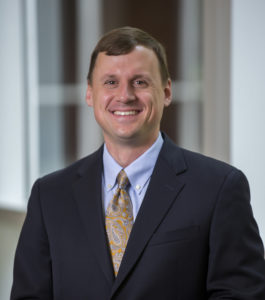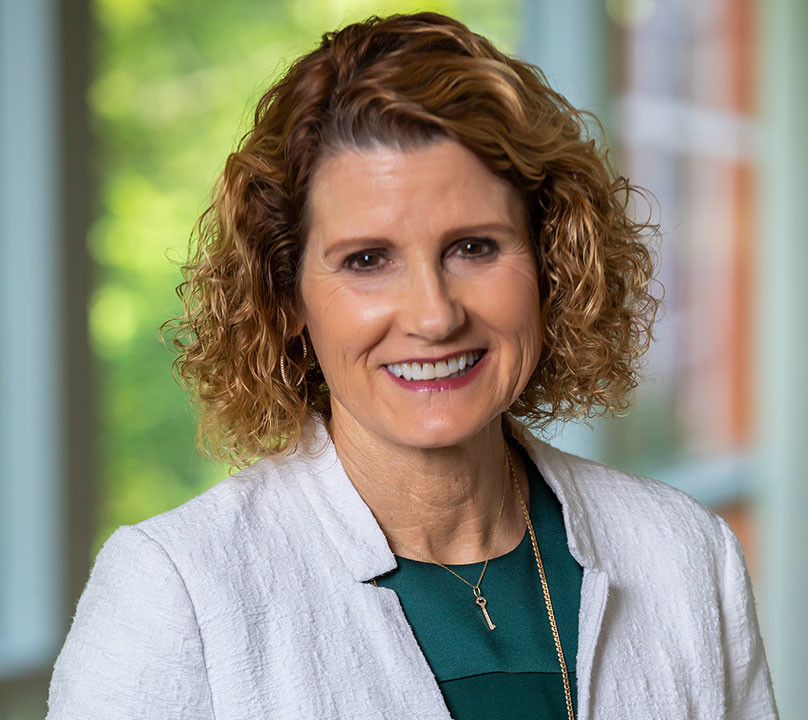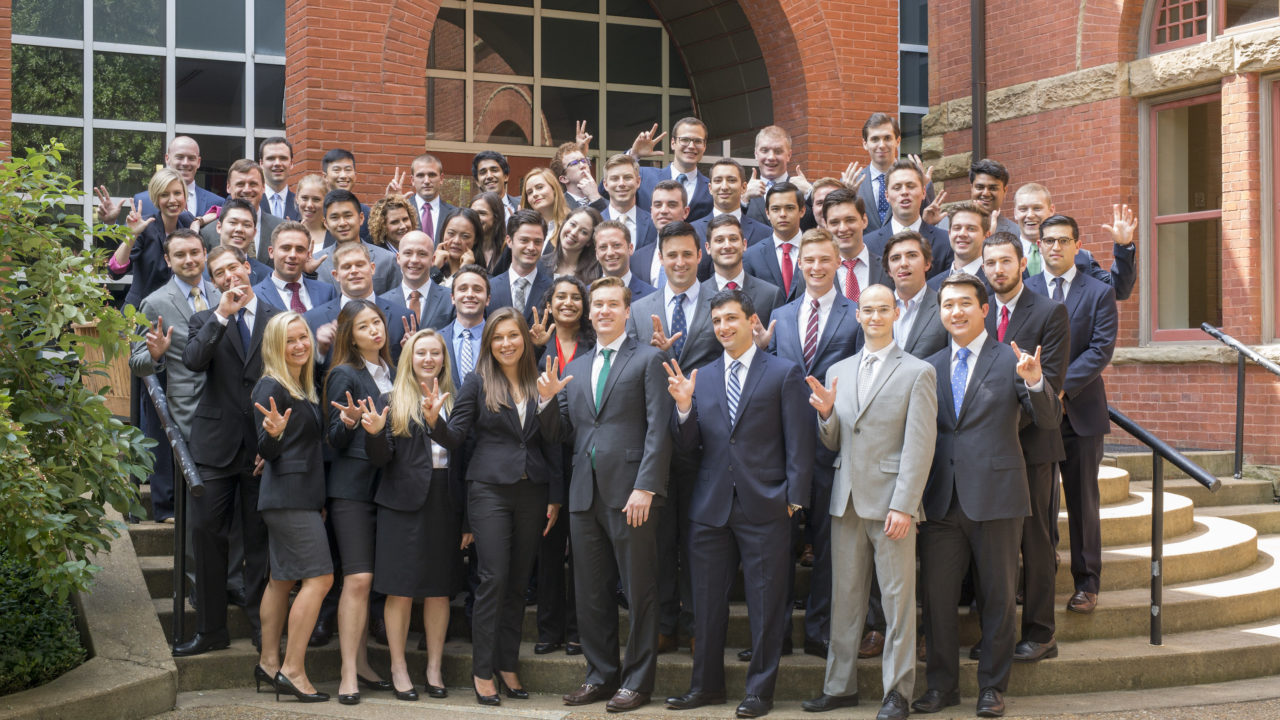By Kara Sherrer
In just 10 months, the Master of Science in Finance (MSF) prepares students to secure coveted jobs in the financial industry, ranging from investment banking to equity research to consulting. Walk through the 10-month program with this interactive timeline, and see our FAQ with Cherrie Wilkerson, Assistant Dean for Young Professional Programs and MSF Program Director, and Blake Gore, Senior Associate Director of the Career Management Center.
What exactly is the Mod system?
Rather than using fall and spring semesters, Vanderbilt Business separates the academic year into four quarters, known as Mods. Each Mod involves seven weeks of classes, followed by a week of exams (for a total of eight weeks). There is a break in between each Mod of at least a week to allow for recruiting activities, travel, holidays, and other events.
When does the program start?

CMC Associate Director Blake Gore
The Master of Science in Finance officially starts with orientation at the end of July, but the Career Management Center begins working with MSF students as soon as they deposit in the spring. Coaches help students prepare their resumes and search for summer and fall internships. The program ends when students graduate in May.
“One thing that really makes our program different: at least on the career side of things, we’ll start working with students (as soon as they deposit)” said Gore.
“They’re in and out in 10 months, usually with a job. It’s highly likely they’ll have a job within 90 days after graduation. It’s just a really good value proposition,” added Wilkerson.
I’ve heard classes are only taught Monday-Thursday. Is this true?
Regularly scheduled classes, as well as exams, take place Monday through Thursday. Fridays are left open to accommodate a variety of other school activities, including job interviews.
“We don’t have class on Fridays, so you should make the most of that. You shouldn’t think, ‘I’m sleeping in because I don’t have to go to class’… when you can travel and go to a city and talk to someone who can hire you,” Gore said.
How many electives can I take?
Because of the mod system, core classes are compressed into the first half of the year. Students begin taking elective classes in Mod II, and the curriculum in Mods III and IV is composed entirely of electives chosen by the student. Ultimately, MSF students end up choosing 10 elective courses, more than 50% of their overall curriculum.
“Students go into so many different areas of finance, with so many different employers. (The high number of electives) allows them to customize their curriculum to suit their career goal,” Wilkerson said. “We don’t pre-suppose that one size fits all, because it doesn’t. Your course needs in investment banking are very different from your course needs in corporate finance. We let students choose what their interests are and pursue them.”
What electives are available?
More than thirty electives are approved for the Master of Science in Finance program. These classes include Applied Investment Management, Mergers and Acquisitions, Portfolio Analysis and Trading, Real Estate Financial Analysis, and more. For a full list of approved electives, click here.
What exactly is a “MBA-level” class?

MSF Program Director Cherrie Wilkerson
Nearly all the professors who teach the MSF courses also teach MBA classes, and due to the tight-knit Owen community, MSF students build personal relationships with the faculty during their time here. “Because of the small size of the program, you get to know the faculty members. And they know you,” Wilkerson said.
Furthermore, many of the MSF elective classes also enroll MBA candidates, so MSF students work alongside them in teams, learning from the MBAs’ more extensive work experience. “The MBAs can provide career advice, because they’re coming from the jobs that our MSF students want,” Wilkerson added.
What resources are offered beyond classes and career management?
Students start working on their professional development during orientation, with a class co-taught by Gore and Kimberly Pace, Professor for the Practice of Communication. Leadership development continues throughout the year with seminars and executive coaching.
“The idea is to prepare them without everything they need to move into the workforce, not just a degree, but also the qualitative and the quantitative skills to be successful,” Wilkerson said.
Want to learn more about the Master of Science in Finance degree at Vanderbilt Business? Visit the program page, or request more information.
